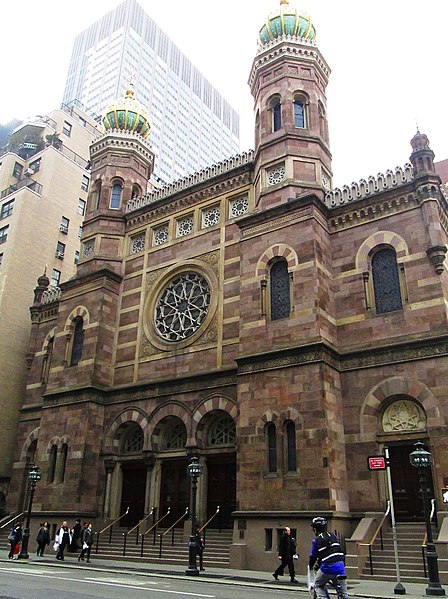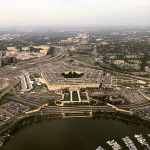
As the High Holidays approach, Rabbi Mara Nathan, a senior rabbi at San Antonio's Temple Beth-El, anticipates that the recent surge in fake bomb threats targeting synagogues will not
significantly alter their worship practices. Synagogues across the United States have already implemented extensive security measures, including bomb-sniffing dogs, security checks for attendees, and cooperation with local law enforcement and the FBI. Nevertheless, the emotional impact of these threats, especially when synagogues are evacuated during live-streamed services, has left many congregations on high alert.
This situation highlights how synagogues have responded to the growing threat of antisemitism in recent years and how the recent wave of nearly 50 false bomb threats is affecting their security procedures. These threats have caused evacuations in synagogues from California to Florida, reinforcing the readiness posture many synagogues adopted after the 2018 Pittsburgh synagogue shooting and other violent antisemitic incidents.
Security experts and leaders in the Jewish community, such as Evan Bernstein, CEO of the Community Security Service (CSS), which trains volunteers to patrol synagogues, emphasize the need for vigilance, as these fake threats could potentially desensitize people to real dangers. They also believe these threats serve extremists' purposes by generating fear and confusion, thereby disrupting Jewish religious services.
The Secure Community Network (SCN), in coordination with the Jewish Federations of North America, held a briefing on Capitol Hill focusing on these false bomb threat incidents. Security consultants at the briefing anticipated that such threats would continue, given the significant disruption they cause with minimal effort. Michael Masters, CEO of SCN, and other experts highlighted the extremists' aim to hinder Jewish expression by making it challenging to attend religious services after bomb threats or the threat of a shooting.
Masters emphasized the importance of synagogues reviewing their security procedures ahead of the High Holidays, which typically draw larger congregations. This includes establishing contact with local law enforcement, reviewing evacuation plans, and ensuring that officials are in place to communicate whether a threat is genuine.
Additionally, the briefing addressed the proposal to increase federal grants for safeguarding synagogues and other religious institutions. The program, which is 18 years old, has seen significant growth in recent years due to rising threats against Jewish and other religious institutions. Efforts are underway to increase funding from $250 million in the previous year to $360 million. These funds are crucial for enhancing the physical security of places of worship and other faith-based gathering spaces across the country, as stated by Eric Fingerhut, CEO of the Jewish Federations of North America.
Overall, Jewish communities are taking various measures to enhance security ahead of the High Holidays. In New York City, the Community Security Initiative is providing resources for Jewish civilian security patrol groups, while organizations like the Community Security Service are partnering with umbrella groups like the Orthodox Union to strengthen security measures nationwide. Increased vigilance and preparedness are key strategies to ensure the safety of Jewish congregations during this period of heightened security concerns. Photo by Beyond My Ken, Wikimedia commons.






































